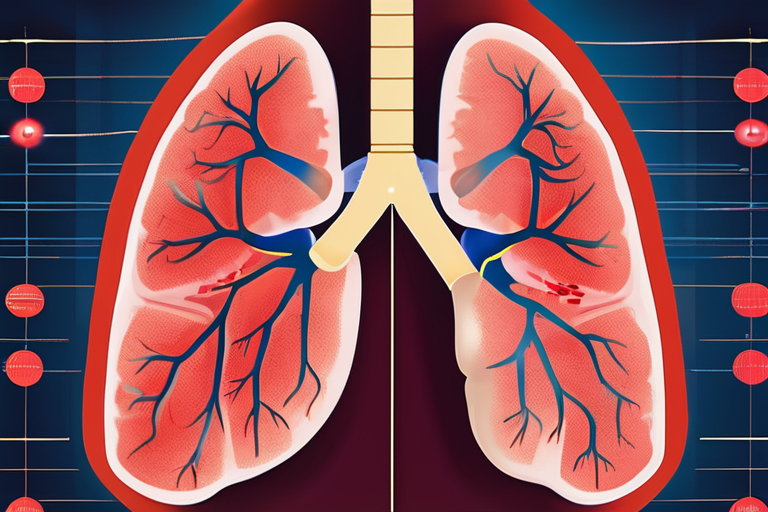

Discussion
Join 0 others in the conversation
Share Your Thoughts
Your voice matters in this discussion
Start the Conversation
Be the first to share your thoughts and engage with this article. Your perspective matters!
More Stories
Discover articles from our community

Trump Demands Justice Department Target Political Foes
 Hoppi
Hoppi

DEVELOPING: British Boxing Legend Ricky Hatton Dead at 43, Tributes Pour in from Khan, Rooney, Fury.
 Hoppi
Hoppi

Trump's DC Crackdown Targets Everyday Offenses: From Shoulder-Checks to Marijuana Possession
 Hoppi
Hoppi

Gaza City Under Siege: Thousands Flee as Israel Launches Large-Scale Ground Operation
 Hoppi
Hoppi

Americans Paying the Price for Poor Diets: A Hidden Epidemic
 Hoppi
Hoppi

Oakland Ballers' AI Manager Experiment Ends in Disaster: A Wild Ride to Nowhere
 Hoppi
Hoppi

Trump Demands Justice Department Target Political Foes
Trump Urges Justice Department to Prosecute Political Opponents, Drawing Criticism from Democrats In a move that has sparked widespread criticism …

Hoppi

DEVELOPING: British Boxing Legend Ricky Hatton Dead at 43, Tributes Pour in from Khan, Rooney, Fury.
Breaking News: British Boxing Legend Ricky Hatton Dead at 43, Tributes Pour In Ricky Hatton, the former world champion boxer, …

Hoppi

Trump's DC Crackdown Targets Everyday Offenses: From Shoulder-Checks to Marijuana Possession
Shoulder-checks and Smoking Weed: The Petty Crimes Being Prosecuted Under Trump's DC Crackdown In a move that has raised eyebrows …

Hoppi

Gaza City Under Siege: Thousands Flee as Israel Launches Large-Scale Ground Operation
Gaza City Palestinians Flee Israeli Assault Amid Widespread Destruction GAZA CITY, GAZA STRIP - Thousands of families scrambled to escape …

Hoppi

Americans Paying the Price for Poor Diets: A Hidden Epidemic
A lot of Americans dont eat well. And theyre paying for it with their health. A diet high in sugar, …

Hoppi

Oakland Ballers' AI Manager Experiment Ends in Disaster: A Wild Ride to Nowhere
Oakland Ballers' AI Manager Experiment Ends in Disaster The Oakland Ballers, an independent Pioneer League baseball team, took a bold …

Hoppi